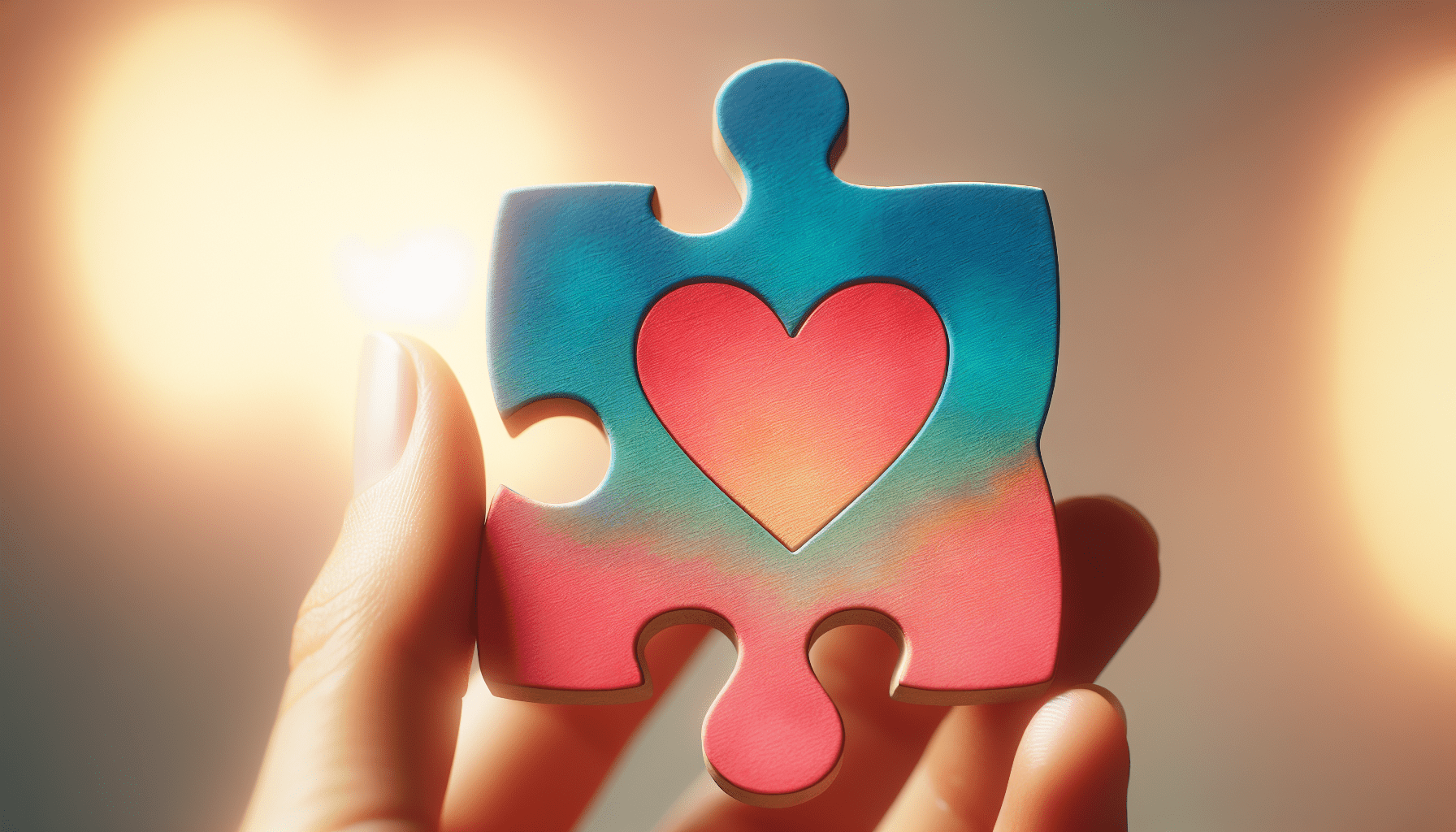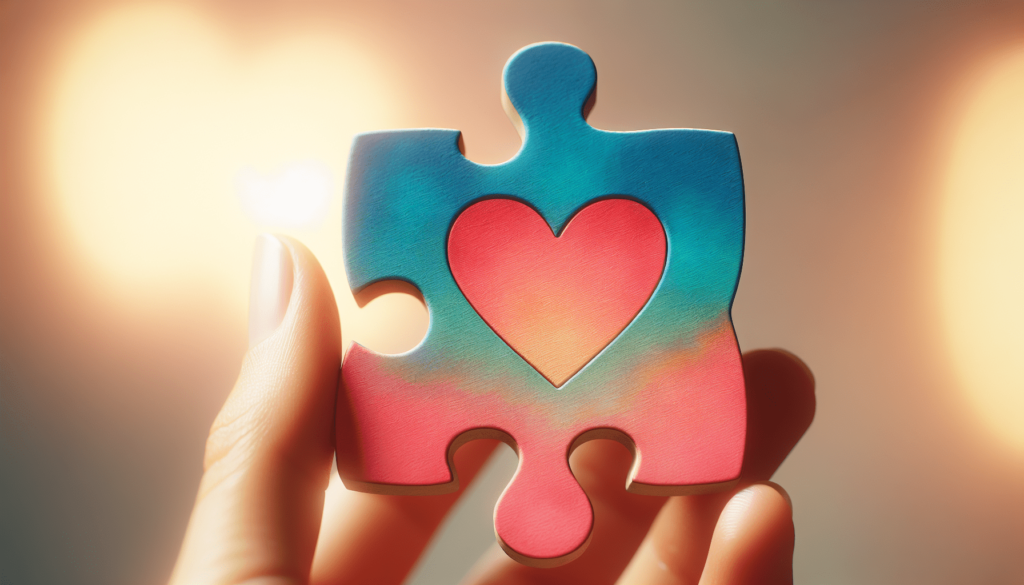
Have you ever wondered what really makes us tick? We often think about what we need to survive—food, water, shelter—but what about what we need to thrive emotionally and psychologically? Sure, we all have our quirks and unique demands, but it turns out that deep down, we share some common psychological needs. And when these needs are met, we’re happier, more creative, and more resilient.
So, what are these elusive seven basic psychological needs that seem to hold our emotional and mental well-being together like glue? Let’s break it down and chat about it.

1. Safety and Security
Imagine you’re in the middle of a thunderstorm without an umbrella or shelter. Anxiety would kick in, right? That’s a simple way to understand our need for safety and security—it’s fundamentally about feeling free from danger and ensuring a sense of predictability in our lives.
Physical Safety vs Emotional Security
Physical safety involves being free from physical harm. Whether we’re talking about locking our doors at night or navigating out of a sketchy situation, our brains crave an environment where the risk of physical danger is minimized.
Emotional security, on the other hand, is all about feeling comfortable and safe with the people around us. This involves trusting that we won’t be emotionally hurt or abandoned by those we care about.
2. Connection and Love
What’s life without a bit of love and companionship? Being surrounded by supportive and loving people makes a world of difference to our mental health.
Importance of Social Ties
We can’t deny it—we’re social creatures. Whether through friendships, family ties, or romantic relationships, having people we can depend on enriches our lives. Social ties help us feel that we belong to something greater than ourselves.
Quality over Quantity in Relationships
It isn’t about having a million friends on social media; it’s about having genuine relationships. Just a few close ties can make all the difference in the world. It’s these relationships that offer us a safe space to be ourselves without the fear of judgment.
3. Autonomy and Control
Wouldn’t it be maddening to have every tiny detail of our lives dictated by someone else? Exactly. We need a sense of autonomy to feel in control of our own destiny.
Personal Freedom and Decision Making
Having the freedom to make our own choices impacts our mental well-being tremendously. When we can set our own goals and make our own decisions, we feel more empowered and motivated.
Balancing Autonomy and Social Expectations
But autonomy doesn’t mean living in a bubble. We still need to navigate social norms and expectations. The trick is finding that sweet spot where we can be true to ourselves while also fitting into society.
4. Competence and Achievement
Remember how good it felt to nail that school project or crush a work presentation? We thrive when we feel competent and capable.
Mastery and Skill Development
It’s satisfying to see ourselves improving and mastering new skills. Whether it’s learning a new language, playing an instrument, or acing those data analytics, building competence boosts our self-esteem.
Recognition and Rewards
Let’s be honest; a little recognition can go a long way. Positive feedback and rewards fuel our drive to keep pushing our limits. We all love a good pat on the back now and then.

5. Purpose and Meaning
Ever find yourself pondering the meaning of life during a midnight snack? Flourishing emotionally and mentally often involves having a purpose that gives our lives meaning.
Defining Personal Values
Finding what truly matters to us gives our lives direction. These could be career goals, personal development, or simply making a positive impact on others.
Passion Projects and Hobbies
We need something that fuels our passion and gives us a sense of accomplishment. It doesn’t have to be grandiose—a hobby like gardening, painting, or blogging can do wonders for our sense of purpose.
6. Variety and Stimulation
Imagine eating the same meal every day or watching the same TV show repeatedly. Bored yet? Our brains thrive on variety and stimulation.
The Love of Novelty
A little unpredictability and new experiences can inject excitement into our lives. Travel, picking up a new hobby, or even taking a different route home can provide that spark.
Avoiding Monotony
While routines offer us stability, too much monotony can lead to stagnation and boredom. Mixing things up keeps our minds sharp and engaged.
7. Recognition and Respect
Doesn’t it feel great to be respected and acknowledged? Being recognized and respected by our peers boosts our self-esteem and gives us a sense of belonging.
Social Status and Esteem
Having a certain level of respect within our social circles significantly impacts our sense of self-worth. It’s not about being a celebrity; it’s about feeling appreciated and valued by those around us.
Mutual Respect in Relationships
Respect is a two-way street. While we need it from others, we must also offer it in return. Mutual respect strengthens our bonds and enhances the quality of our relationships.
To sum it all up, these seven basic psychological needs are the cornerstones of our emotional and mental well-being. By understanding and fulfilling these needs—safety and security, connection and love, autonomy and control, competence and achievement, purpose and meaning, variety and stimulation, and recognition and respect—we put ourselves on a path toward a more resilient, joyful, and meaningful life.
Meeting these needs isn’t just a “nice-to-have”; it’s essential for our overall well-being. When we recognize and nurture these needs, we’re better equipped to handle life’s ups and downs and to support those we care about in doing the same. It’s a win-win all around.
So the next time you’re feeling a little off, take a moment to check in with yourself. Are your psychological needs being met?
